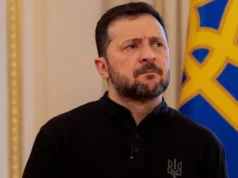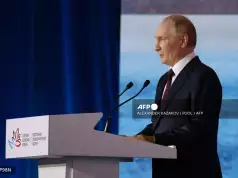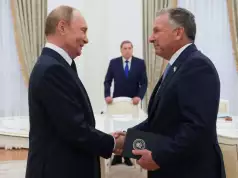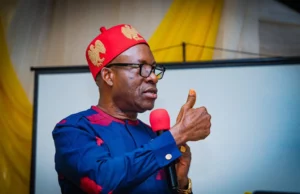Rafael Mariano Grossi, the chief of the United Nations’ nuclear watchdog, is in Ukraine for urgent talks with the Ukrainian government about the safety of the country’s nuclear facilities.
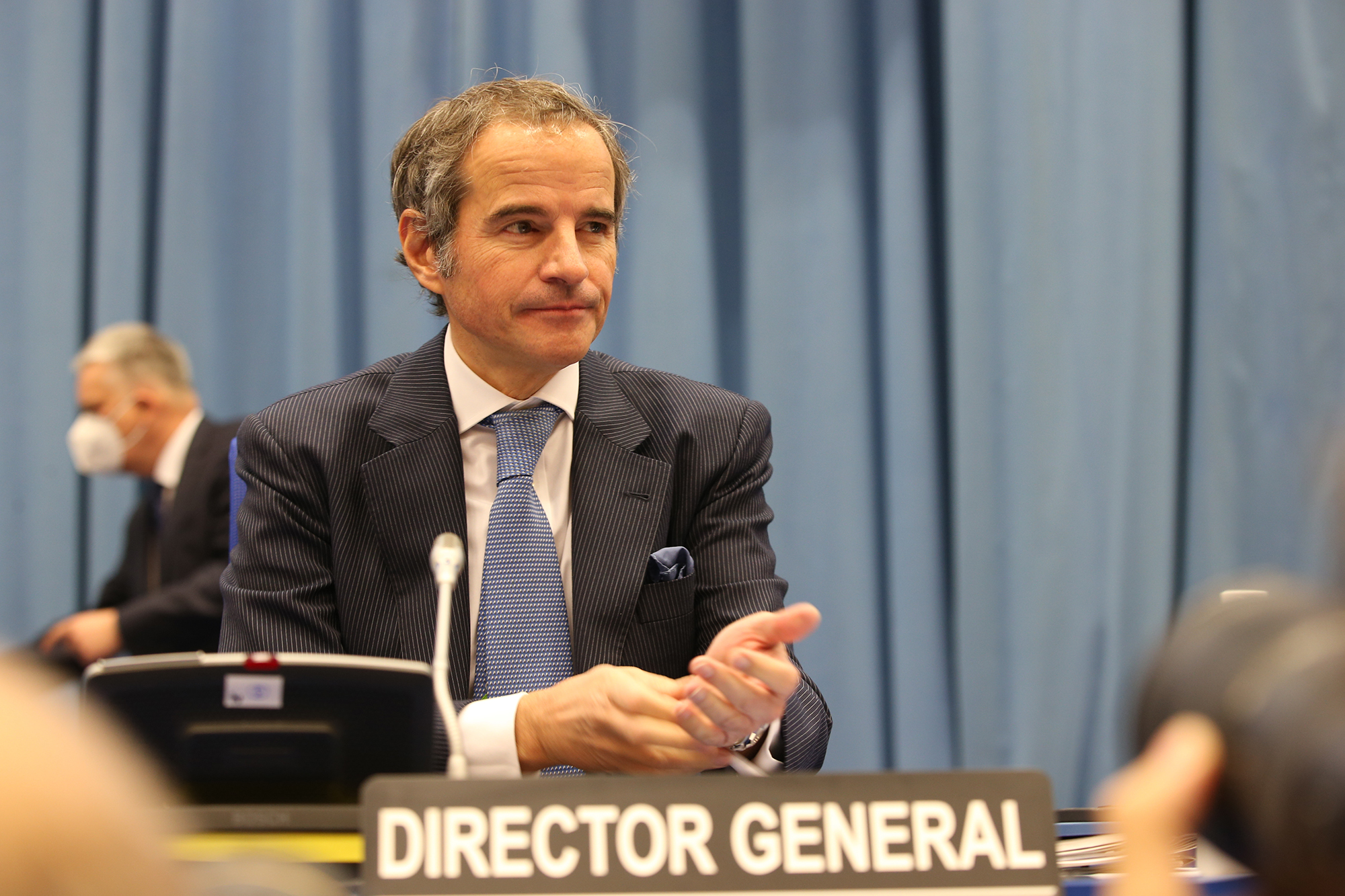
In a statement Tuesday, the International Atomic Energy Agency (IAEA) said the talks with senior government officials will center on the agency’s plans to deliver “urgent technical assistance to ensure the safety and security of the country’s nuclear facilities and help avert the risk of an accident that could endanger people and the environment.”
Grossi posted a photo of himself on Twitter standing in front of an official UN vehicle on Tuesday, saying he had “just crossed the border into Ukraine to start the IAEA’s mission to ensure the safety and security of the country’s nuclear facilities.”
In the statement, Grossi said that “the military conflict is putting Ukraine’s nuclear power plants and other facilities with radioactive material in unprecedented danger.”
Grossi, who is set to visit one of the country’s power plants during his trip, warned that “there have already been several close calls” when it comes to the country’s nuclear facilities.
“We can’t afford to lose any more time,” he continued, adding that the IAEA’s expertise is needed urgently to prevent a nuclear accident taking place.
Russian forces have occupied Ukraine’s largest nuclear power plant, Zaporizhzhia, since March 4, and the site of the infamous 1986 accident, the Chernobyl nuclear power plant, since February 24.
The watchdog has drawn up “concrete and detailed plans for safety and security assistance” to Ukraine’s nuclear sites, which include 15 nuclear power reactors at four plants as well as the Chernobyl NPP, according to the statement.
Eight of the country’s 15 reactors continue to operate, “including two at the Russian-controlled Zaporizhzhya NPP, three at Rivne, one at Khmelnytskyy, and two at South Ukraine,” the IAEA said in its latest update posted Monday. The other reactors remain closed for regular maintenance, they added.

